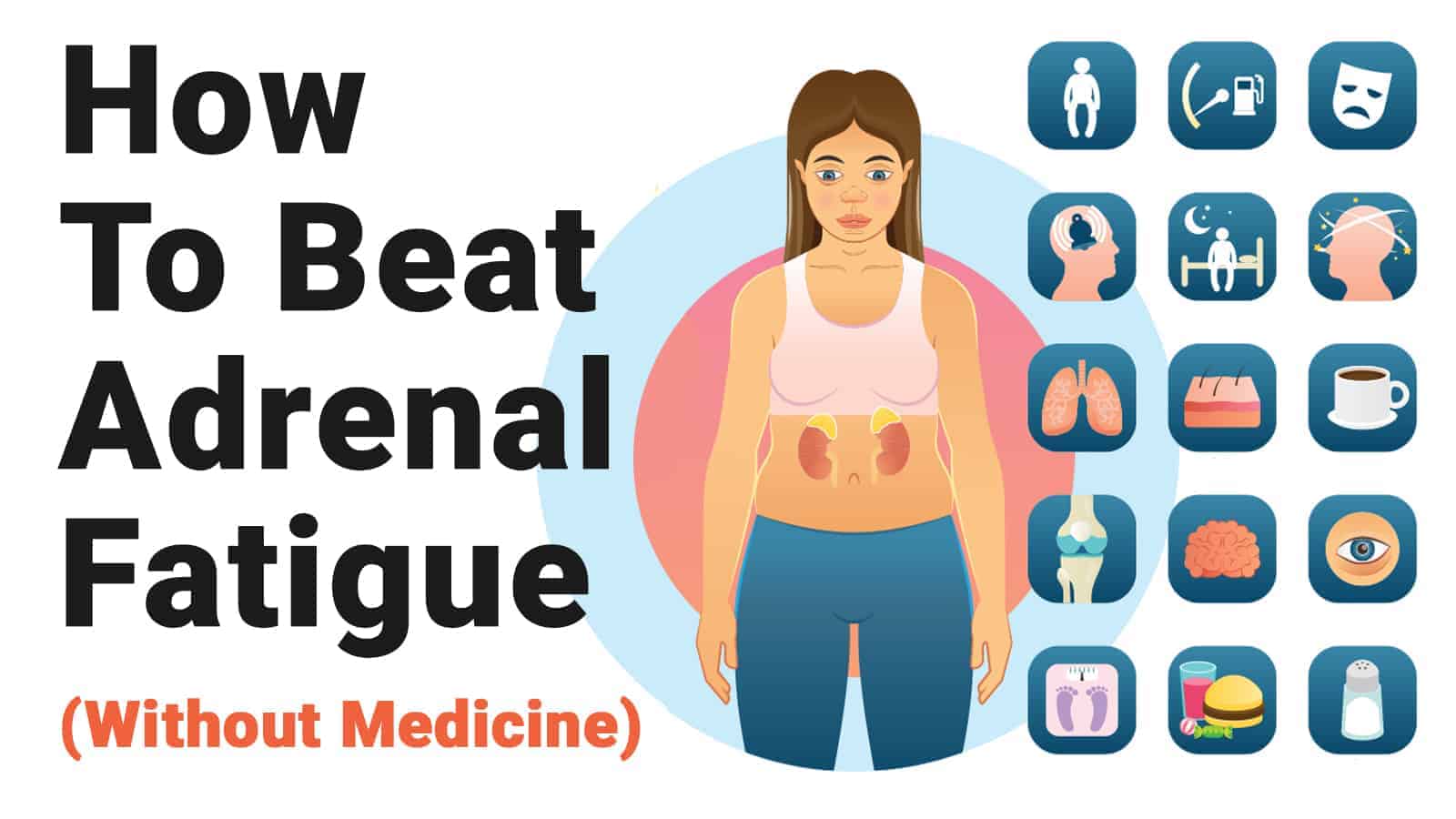Humans have interpreted dreams for centuries, and science continues to uncover exciting research in this field. The study of dreams is called oneirology, which aims to find a correlation between one’s dreams and brain function. You can find many articles online that cite various conclusions about dreams, but many don’t have science backing them up. Psychologists believe that our dreams can tell us important facts about our lives and what goes on in our subconscious mind, and in this article, we’ll discuss their views on various dreams.
Many of us have similar dreams that can give us insight into what goes on in our daily lives. You might find that these dreams reoccur frequently or sporadically. These dreams occur due to personal situations in our lives and survival instincts. We attempt to work out problems from our lives in our dreams if we don’t solve them while awake. With that said, let’s get to it! What do our dreams mean, exactly?
Here are ten things psychologists say to never ignore in your dreams:

“When we are asleep in this world, we are awake in another.” – Salvador Dali
1 – Dreams of falling
According to psychologist Ian Wallace, dreams about falling indicate a feeling of losing control of your life. You might feel like you have many responsibilities weighing you down and cannot escape them, or you may feel stressed most of the time.
However, some scientists explain this dream with simple physiology. As the body transitions into sleep, the nervous system winds down, blood pressure and heart rate decrease, and your brain starts to slow down. All of these factors and your overall mental state during the day can contribute to what’s known as “hypnic jerks.” These muscle spasms occur during the transition from wakefulness to sleep and may be exacerbated by stress, anxiety, caffeine, and sleep deprivation.
2 – Teeth falling out, other injuries, and death
When we have dreams about our teeth falling out or decaying, it indicates a lack of self-esteem, since our smile is one of the first things people notice about us. Ian Wallace says, “You show your teeth when you smile and when you bite, so they reflect how self-assured and assertive you feel. Teeth falling out indicate that a situation is causing you to lose confidence.”
Another expert, Patricia Garfield, connects dreams about teeth falling out to suppressed anger. Usually, when we have pent-up anger, we grind our teeth and clench our jaws unknowingly. This can cause tooth problems, so in our dreams, we might lose them or watch them decay.
As far as dreams about injury or death, these often signal feelings of worry and anxiety about aging loved ones, but it doesn’t have to be that literal. Dreams about death can mean a part of you is dying so that you can be reborn into a better version of yourself. Death and injury dreams might be our brains’ way of dealing with the future and preparing for changes that we cannot control.
3 – Failing an exam or public performance
Many people imagine failing an exam at school or embarrassing themselves during a public speech or performance. Maybe they forgot their lines in a school play or stumbled over their words during a speech. These visions occur mainly among school-age kids but can also happen to people who graduated long ago.
These dreams indicate stress in your life or worrying about something before you sleep. They may also indicate a sense of responsibility about something in your life, but you cannot follow through with the necessary action for some reason. So, being caught in between can cause anxiety and worry.
4 -Dreams of having very few or no clothes on
These visions point to shame or embarrassment about something in your life. Psychologist Ian Wallace notes, “It means that you feel vulnerable at your new job or in your new relationship and are afraid that others will learn about your weaknesses and disadvantages.”
However, if you feel a sense of pride in your dream, it could mean that you don’t feel your talents and accomplishments have been noted or praised enough. You want to show off so that people will notice you.
If you don’t have appropriate clothing for the event or situation in your dream, it could mean you have doubts about the event. For example, if you show up at a job interview wearing pajamas, it might mean that you don’t feel ready for the interview or have doubts about your ability to secure that job.
5 – Being chased
Dreams about being chased can have several meanings. Dream expert Lauri Loewenberg says, “People that tend to avoid conflict, who are afraid of ruffling feathers or causing issues will have the recurring dream of being chased.”
Pay attention to what is chasing you, since it points to whatever you try to avoid in real life. Things like debt, addiction, discussing a problem with your spouse, or applying for jobs might be hidden reasons behind this dream. Or, it could point to an unfulfilled dream that keeps trying to chase you down because you haven’t worked toward achieving your goals.
Some scientists believe that images of running away from someone might be our survival instincts kicking in since we had to run from predators at some point. If you have unresolved issues with someone, your brain might tell you to run to avoid a threat.

6 – Dreams of a natural disaster or apocalypse
We’ve all imagined a natural disaster or even the end of the world at some point. These images may mean you lose control of a personal problem or feel threatened about something. Social media can worsen these musings since stories about the world ending and climate change abound. This can lead to a feeling of vulnerability while awake, which means we have to deal with these feelings while we sleep.
7 – A car crash or technical difficulties
Some people muse about their phones or gadgets breaking when using them. Patricia Garfield says that women experience these dreams more, indicating a loss of emotional connection with someone or relationship troubles.
Dreams about car crashes fall into the same category. This dream shows that you lack support in real life and can’t deal with a situation by yourself.
8 – Being pregnant
Both men and women can have dreams about being pregnant, surprisingly. Psychologist David Bedrick says, “Pregnancy symbolizes something new growing inside us.” This dream indicates you’re birthing new ideas and creations into the world. If you’re repainting your house or working on an idea for a book, you might have this dream. Setting goals and sticking to them will help you realize your vision.
9 – Being late
Dream expert Michael R. Olsen says that dreams about being late can indicate the fear of missing out on something important in your life, such as your relationships. If you feel overwhelmed in real life and don’t set aside time for loved ones, this might be a signal for you to slow down and set time aside for the people important to you.
10 – Dreams of an unfamiliar room or house
Dreams about being in an unknown house or room show a need for self-reflection. This dream indicates that you have parts of yourself locked away and undiscovered that are begging to be tapped into. A separate room in the house symbolizes a hidden talent or skill you don’t utilize.
Psychotherapist Eddie Traversa believes that we subconsciously assign different rooms in a house to internal processes. For example, you combine different ingredients into a finished product in the kitchen. Visions of this room might mean you’re going through inner changes. Do you dream of yourself in a bathroom? It might indicate a need to get rid of unnecessary clutter or baggage. Or perhaps you must cleanse yourself of all spiritual baggage. Bedrooms symbolize our romantic relationships, so a dream in this room may symbolize worries about this aspect of our lives.

Final Thoughts on the Messages You Receive in Your Dreams
People have a lot of different dreams, and this list is not comprehensive by any means. However, we hope you’ve gained insight into the various aspects of your innermost thoughts. Thus, you might make changes in your real life. Write down your recollection of these images as you awaken. That way, you can read them over and decipher them later. If you wish, you can always make an appointment with a specialized therapist to discuss things with you and help you find the true meaning behind your dreams.









